
The contest for the next Conservative leader narrows to six candidates after first-round voting, with Zahawi and Hunt failing to secure enough support.
The race for the next leader of the Conservative Party, and potentially the keys to Number 10, has now narrowed to six contenders after the first round of voting eliminated Chancellor Nadhim Zahawi and former Cabinet minister Jeremy Hunt.
Rishi Sunak, whose resignation as Chancellor helped spark the leadership contest, topped the ballot with 88 votes, followed by trade minister Penny Mordaunt with 67 and Foreign Secretary Liz Truss with 50. Other candidates progressing to the next stage include Suella Braverman, Tom Tugendhat, and Kemi Badenoch.
Zahawi and Hunt, both prominent figures within the party, fell short of the 30-vote threshold required to continue in the contest. Zahawi, brought in by Boris Johnson after Sunak’s resignation, secured just 25 votes, while Hunt, a former Health and Foreign Secretary, garnered only 18.
The results were announced by Sir Graham Brady, chair of the Conservative 1922 Committee, in a packed Committee Room 14 in the House of Commons. With the first elimination now confirmed, the battle for the leadership has intensified.
Truss, who is focusing on uniting the right-wing faction of the party, stated that now was the time for Tories to rally behind a candidate who would cut taxes and ensure victory in Ukraine. A spokesperson for Truss further claimed she would bring the “real economic change” needed from day one.
Jonathan Gullis, a key supporter of Zahawi, suggested that the party’s right-wing factions should unite behind a single candidate. However, Zahawi himself refrained from endorsing any of his former rivals, opting not to make any further interventions in the contest.
The first-round voting followed growing tensions between rival factions of the party. Downing Street has repeatedly denied orchestrating a “Stop Sunak” campaign, even as Boris Johnson’s loyalists, including Culture Secretary Nadine Dorries and Brexit Opportunities Minister Jacob Rees-Mogg, publicly backed Truss. Dorries accused Sunak’s campaign of using “dirty tricks,” while Rees-Mogg criticised the former Chancellor’s tax policies as “economically damaging.”
Johnson’s press secretary firmly denied any involvement in a smear campaign against Sunak, maintaining that the Prime Minister was remaining neutral in the leadership race.
Meanwhile, trade minister Penny Mordaunt, considered one of the frontrunners, officially launched her campaign by positioning herself as the best candidate to secure victory in the next general election. In a speech at Westminster’s Cinnamon Club, Mordaunt, who has secured significant backing, declared that she was “the candidate Labour fears the most.”
Mordaunt, a former Defence Secretary and naval reservist, positioned herself as a stark contrast to Johnson, pledging to return to traditional Conservative values of “low tax, small state, and personal responsibility.” She also committed to meeting the NATO defence spending target of 2% of GDP and increasing it by 0.5% above inflation annually.
The next ballot in the leadership contest will take place on Thursday, where the candidate with the fewest votes will be eliminated. The process will continue until only two candidates remain, with the final pair battling it out over the summer to secure the support of Conservative members.
The chosen successor to Boris Johnson will be announced on September 5, with Johnson set to formally tender his resignation to the Queen the following day, clearing the way for his successor.









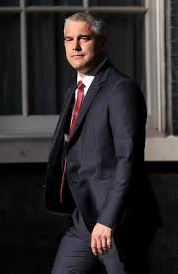
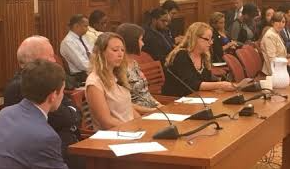

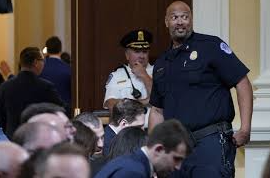
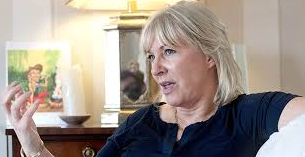
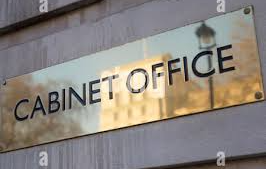
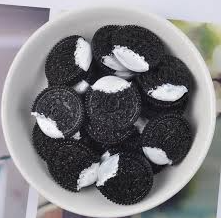
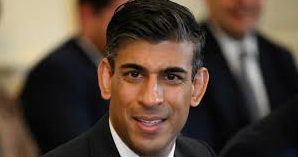
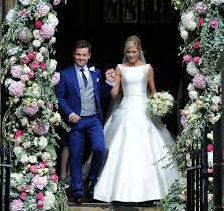
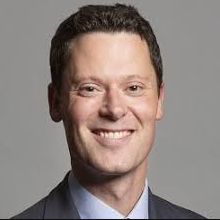

Comments
Hello world!
Pic of the week: Sunset at margate beach
The first day’s journey was through the pink fields
The first day’s journey was through the pink fields
The first day’s journey was through the pink fields